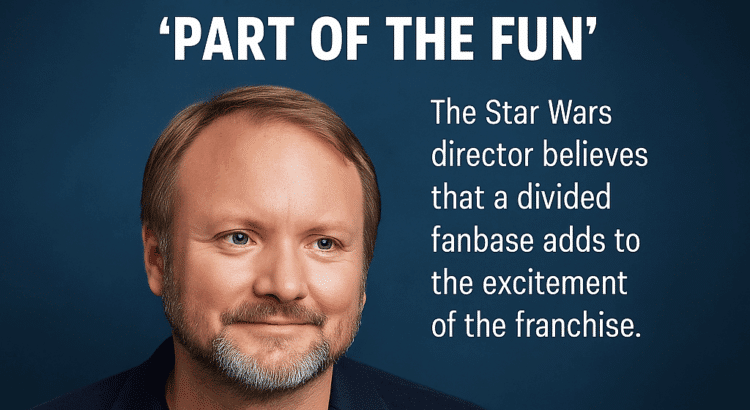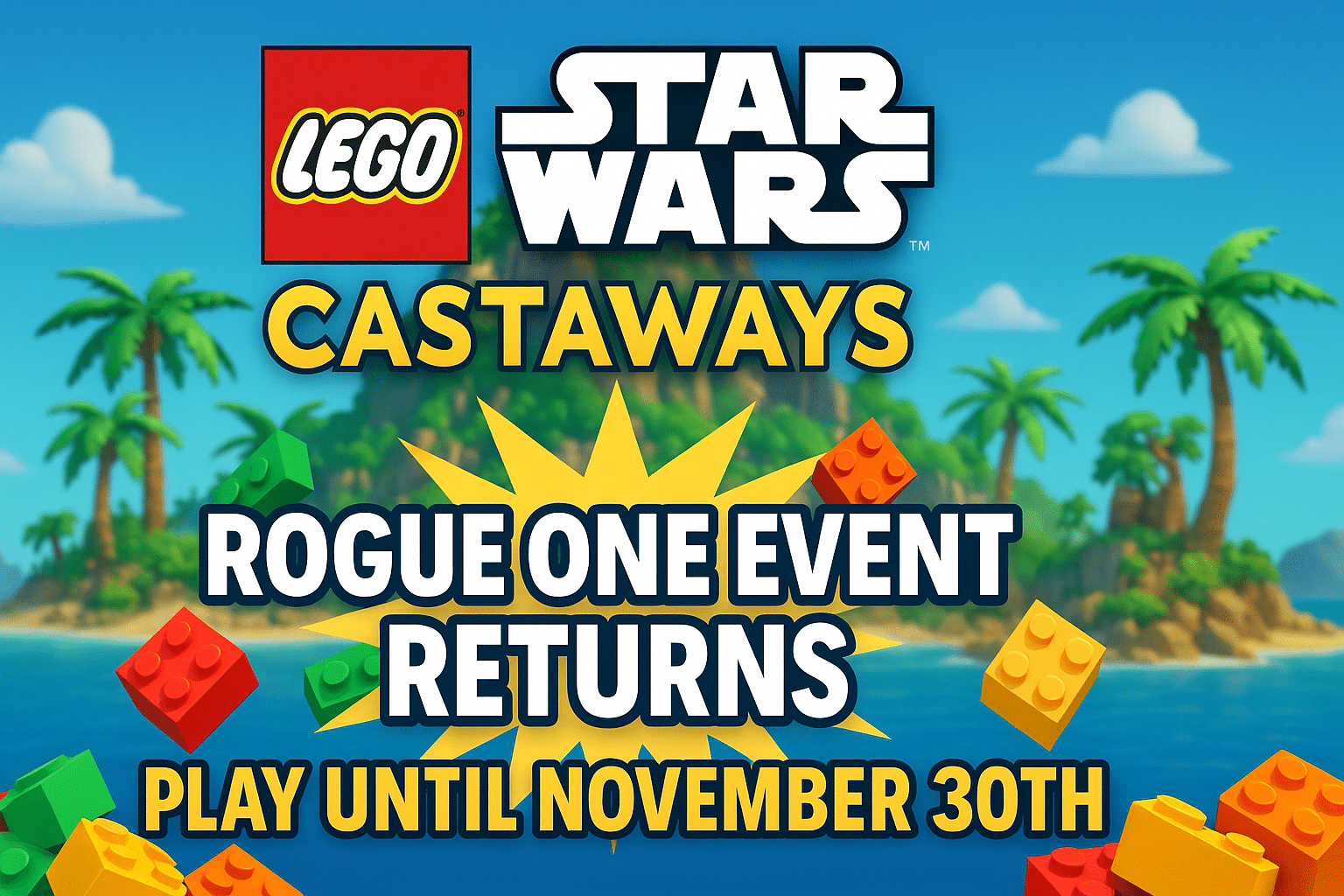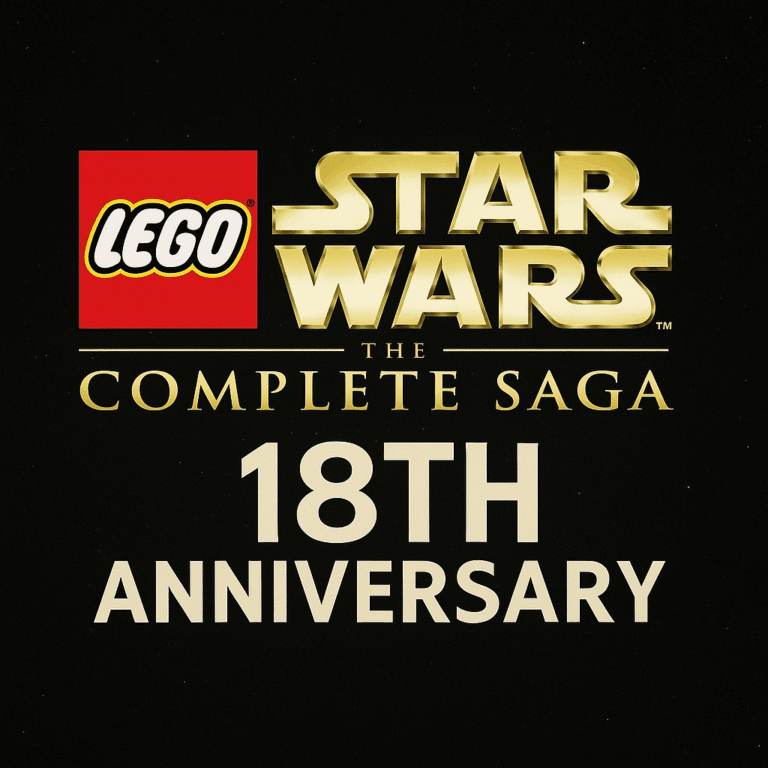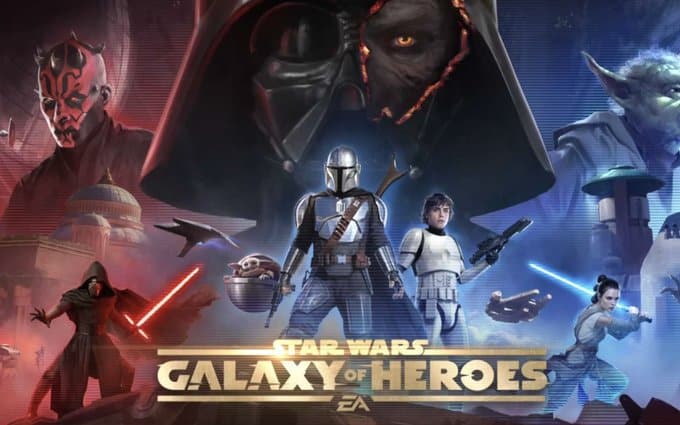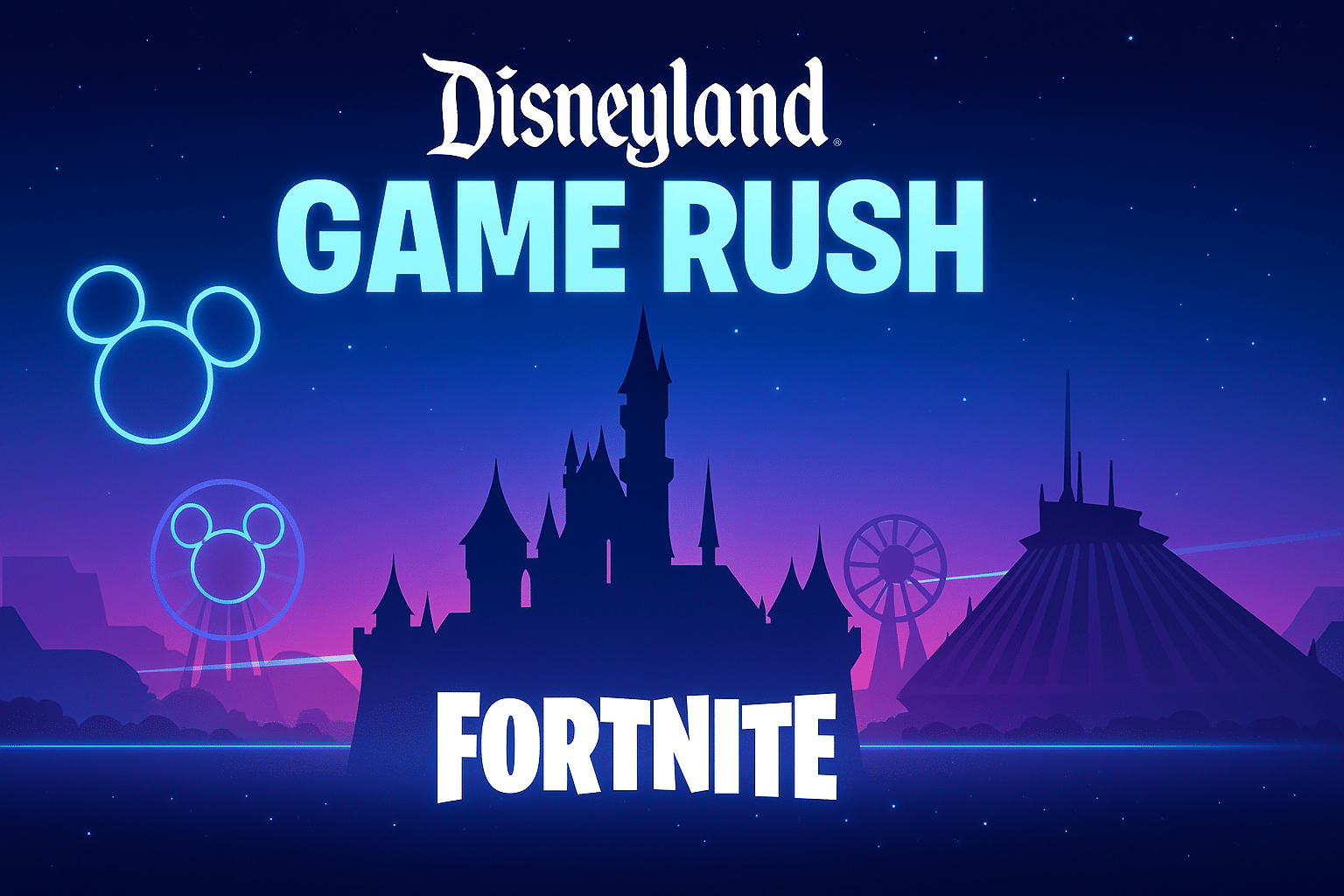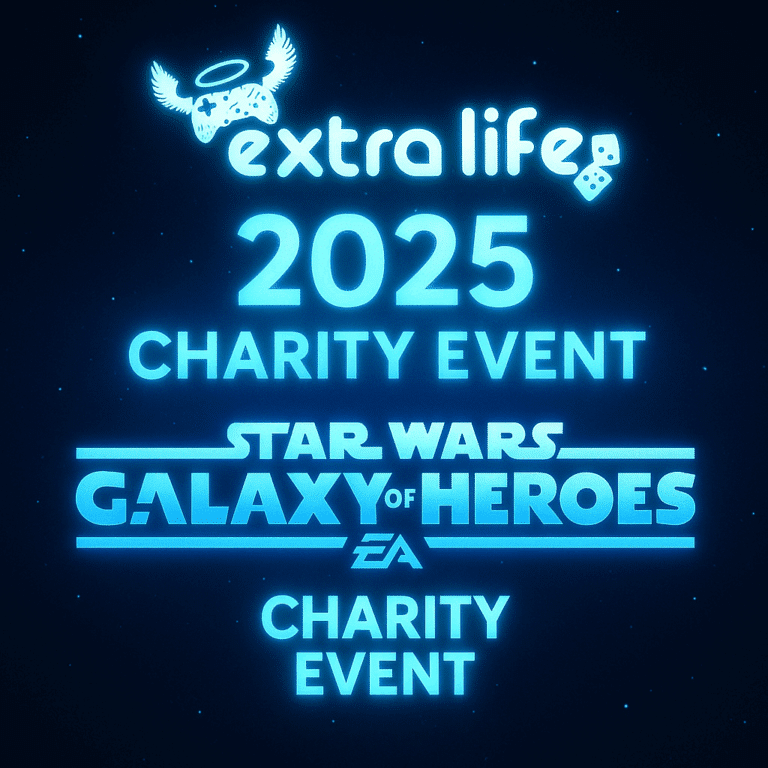Star Wars fans have argued for decades — about prequels vs. sequels, Luke vs. Rey, or even the correct viewing order — but according to director Rian Johnson, that’s not a problem. In fact, he believes it’s part of what makes the fandom so special.
Speaking recently, Johnson reflected on the passionate, often divided nature of the Star Wars community. “The notion that Star Wars has been this kind of Shangri-La, united fandom, and that nothing could split that apart is false,” he said. “The reality is Star Wars has always been something that has meant different things to different people. And I think that’s part of the fun and the passion of it as fans — arguing about it respectfully.”
It’s a statement that feels especially relevant as the franchise nears its 50th anniversary.
Star Wars Has Never Been One Thing
Johnson’s comments cut to the core of what makes Star Wars endure. From the original trilogy to The Mandalorian, the galaxy far, far away has always represented something different for everyone.
For some, it’s a mythic hero’s journey about destiny and redemption. For others, it’s a political drama wrapped in space opera spectacle. Some fell in love with the spiritual depth of The Empire Strikes Back, while others grew up with the high-energy lightsaber duels of the prequels. Then there are fans who cherish the bold new directions of the Disney era.
Star Wars means all of these things — and none of them exclusively. That’s what Johnson is celebrating: the fact that the saga belongs to everyone, and no two fans experience it the same way.
Debate Has Always Been in the DNA of Star Wars
Contrary to popular belief, Star Wars fandom wasn’t always united — even in 1977. Fans debated the Ewoks, argued over whether The Phantom Menace “ruined” their childhoods, and fought over the meaning of the Force long before social media existed.
Johnson’s perspective reframes this conflict not as chaos, but as a form of passion. Disagreement, he argues, is what keeps the galaxy alive. When fans debate which version of Luke Skywalker feels truer, or whether The Last Jedi honored the legacy of the originals, they’re not tearing Star Wars apart — they’re keeping it relevant.
And that’s a truth many creators understand: where there’s heated conversation, there’s love.
Respectful Debate Is Key
Johnson’s emphasis on respectful discussion is crucial. Fandom isn’t meant to be an echo chamber — it thrives on different viewpoints — but the conversation only works when fans remember that they all share the same love for the galaxy far, far away.
Healthy debate can lead to new interpretations, creative fan theories, and appreciation for corners of Star Wars people may have overlooked. Toxicity, on the other hand, only weakens the sense of community that binds fans together.
In short: it’s okay to disagree — just don’t forget why you care in the first place.
A Decade After The Last Jedi
Nearly a decade after The Last Jedi’s release, the film remains one of the most debated entries in the Star Wars saga. Yet the same film that divided fans also inspired countless discussions, essays, and renewed interest in what Star Wars means.
Johnson’s belief that fandom division is “part of the fun” shows that he hasn’t shied away from those debates. Instead, he embraces them as proof that Star Wars still sparks imagination and emotion — two things every creator dreams of achieving.
Love it or hate it, The Last Jedi encouraged people to think about Star Wars in new ways. And for Johnson, that’s exactly what storytelling is about.
Why Fandom Diversity Matters
A united fandom might sound ideal, but as Johnson suggests, it would also be dull. Star Wars is a shared universe that spans generations, cultures, and personal experiences. The differences between fans are what make it vibrant.
Some of the best Star Wars moments — from Andor’s political edge to Ahsoka’s mythic tone — exist because creators aren’t afraid to explore new territory. Each new interpretation adds to the conversation. The more fans discuss, the more Star Wars grows.
Johnson’s words remind us that fandom doesn’t have to be about choosing sides. It can be about celebrating the fact that there are sides — and that everyone sees something different when they look at that galaxy far, far away.
The Bottom Line
Rian Johnson’s take on the Star Wars fandom is refreshingly honest: it was never meant to be perfectly united, and that’s a good thing. Passionate disagreement means people care. It means the Force is still strong — not just in the films, but in the fans who keep them alive.
So the next time a debate breaks out about which trilogy reigns supreme, maybe remember Johnson’s words. Arguing isn’t a sign that Star Wars is broken — it’s proof that it still matters.
Stay connected with the galaxy’s latest updates!
Follow us on X, Facebook, Instagram, or Pinterest for exclusive content, mod guides, Star Wars gaming news, and more. Your support helps keep the Holonet alive—one click at a time.


